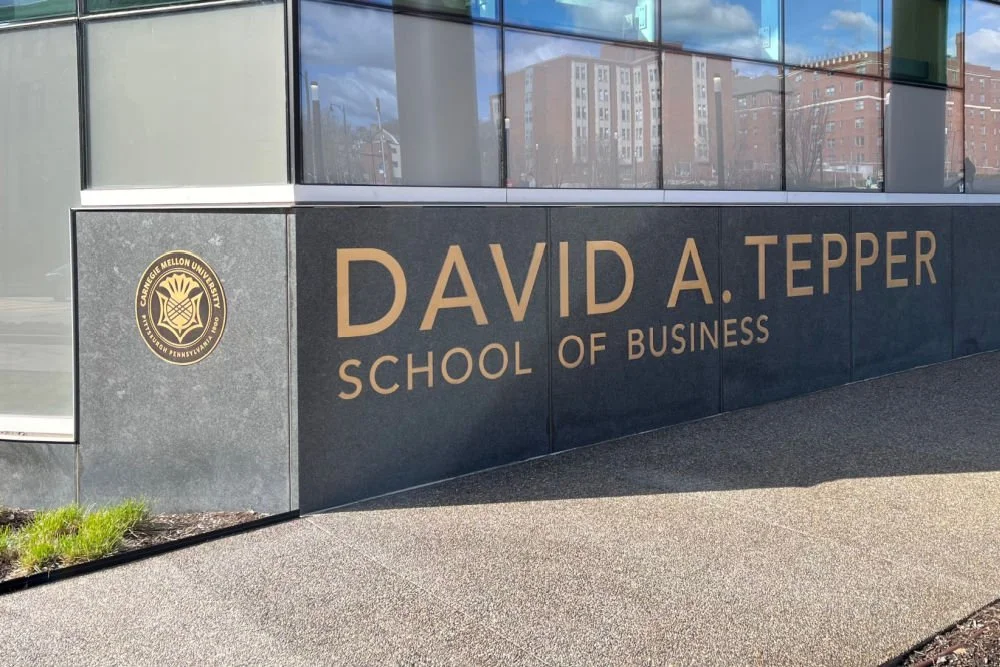To Boost Low-Wage Workers, an Influential Funder Turns to Community Colleges
/Glendale community college. RaksyBH/shutterstock
A few years ago, the Irvine Foundation pivoted toward the singular goal of ensuring that all of California's low-income workers “have the power to advance economically.”
At the time, we found the revamped strategy striking. Unlike the Ford Foundation’s diffuse and open-ended fight against inequality in “all its forms,” Irvine reorganized itself to focus more narrowly on Californians trapped in low-paying jobs. Stepping into risky terrain, it made clear that empowering these workers politically was central to its strategy. The foundation has since granted millions of dollars to key organizations in the new labor movement.
But as we discussed in a recent update, Irvine has given far greater sums of grant money to the less-edgy part of its strategy to boost low-income workers, which is called “Better Careers.” It looks to upskill Californians, and also to expand their access to the informal networks that “frequently lead to middle-wage jobs.”
As part of this push, CEO Don Howard announced in late March that the foundation will invest in a woefully under-leveraged engine of economic mobility for the state’s working poor—California’s 114 community colleges and the California State University system.
Irvine’s board approved a $5 million grant to the College Futures Foundation to increase the number of students, particularly students of color, who complete bachelor’s degrees in California. College Futures will regrant more than 90 percent of those funds to institutions and organizations with “proven approaches to ensuring student baccalaureate success.”
Howard’s announcement confirms what many other funders know at a conceptual level, but have failed to back up with serious money—the idea that completing a college degree or postsecondary certificate via a community college or CalState institution “leads to a better job, more career advancement, and greater civic engagement.”
Refreshing Support for Underfunded Institutions
It’s encouraging to see a top foundation put community colleges near the top of its grantmaking agenda. While colleges and universities raised a staggering $43.6 billion in 2017, only 1.5 percent of charitable gift dollars raised by educational institutions went to two-year institutions, despite the fact that community colleges serve 49.2 percent of the country’s college students—and they do a better job at boosting economic mobility for economically diverse and minority students than their Ivy League peers, at the fraction of the cost.
Again and again, the biggest higher ed gifts flow to already well-endowed elite institutions—even as community colleges struggle in the face of budget cuts. So rare are major gifts to these schools that a $5 million donation to one of them, like this gift we reported on last week, feels like big news.
But it’s not just wealthy individual donors who’ve neglected community colleges. There’s also a lack of robust and committed support for such institutions among foundations, including grantmakers that have put equity front and center in their work.
Lately, though, this has been changing, with community colleges drawing more attention from funders looking to expand economic mobility. Last year, the Gates Foundation made a dozen grants for work in the community college space. Bloomberg Philanthropies is also giving attention to these schools as it ramps up its College Access and Success program. The Ballmer Group is another equity-minded funder that’s keenly interested in helping first-generation college students succeed, including through expanded access to community college.
But Irvine’s new grantmaking to boost California’s community colleges and CSU system is among the biggest commitments of this kind that we’ve seen yet. Its approach here is also notable. Irvine realized it lacked the infrastructure and subject area expertise to administer the grants directly, so it outsourced this work to College Futures. This sends a strong message to other funders that they need not be an alumnus or have strong direct ties to a community college system to make a significant impact.
“We believe that College Futures is in a stronger position than we are to make grants to support improvements in how the CSUs and the California Community Colleges can better serve students,” Howard said. “These two systems are pursuing critical changes in leadership, policy and practice that, if successful, will expand and make more equitable the attainment of bachelor’s degrees across our state.”
Related: How a Major California Foundation is Going All-In on Empowering Low-Wage Workers







































